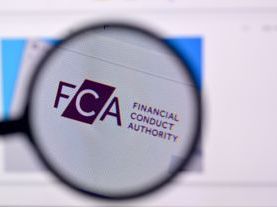The number of company cars – as recorded by HMRC – grew 80,000 units in tax year 2023/24, reaching 840,000. This is the third consecutive year of volume growth, but still short of the high watermark set in 2015/2016, when 960,000 company cars were recorded.
The data was published last week with HMRC's annual official benefit in kind (BiK) statistics and commentary on company car and car fuel, for the 2023/24 tax year (ended 5th April 2024).
This year’s stats provide quantitative evidence that company cars continue to drive the zero emission transition in road transport, with a growing shift towards electric powered cars. In the 2022/23 tax year, there were approximately 760,000 individuals driving company cars, of which 220,000 (or 29 %) were driving a fully electric, zero emission car. The latest HMRC data shows that for the 2023/24 tax year, there were approximately 840,000 individuals driving company cars, of which 344,000 (or 41%) were fully electric or zero emission.
HMRC notes that the introduction of voluntary payrolling of company car benefits in April 2016 has led to some incompleteness in the data, with the total number of company cars likely to be underestimated. Despite this incompleteness, the trends are clear. Compared to four years ago, in 2020/21, there were only 50,000 fully electric company cars provided, this more than doubled to 125,000 in 2021/22, grew significantly to 220,000 in 2022/23 and has continued to grow substantially to the 340,000 shown in the latest figures. The total income tax liability for all company cars (not just EVs) for 2023/24 was £1.13 billion (compared to £1.21 billion in the prior year).
With about two fifths of all company cars being fully electric, the growing percentage of EVs as a proportion of total company cars (from 7% in 2020/21 to the 41% in 2023/24) has been a major contributor to the reduction in CO2 emissions from company cars.
Twenty years ago, in 2002/23, 58% of company cars had CO2 emissions above 165g/km. In contrast, the current stats show that in 2023/24, only about 1% of company cars emit more than 165 g/km.
The BVRLA will continue to make the case for increasing access to electric vehicles for lower income individuals; in particular, we would like to see the introduction of a lower BiK rate for used fully electric vehicles.




